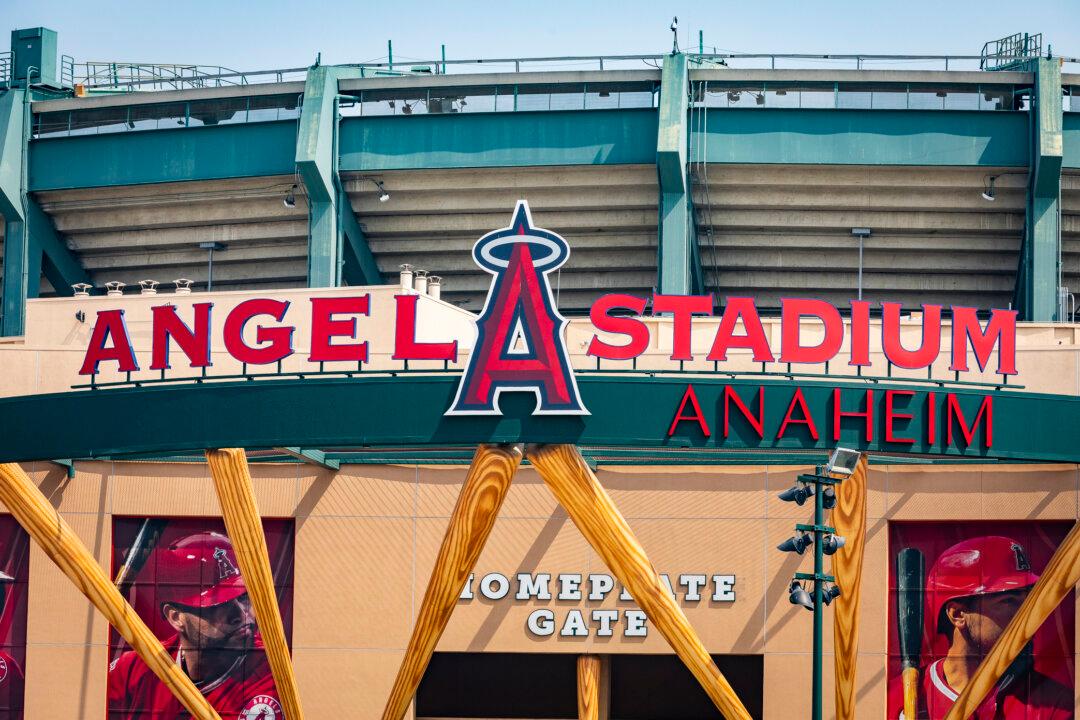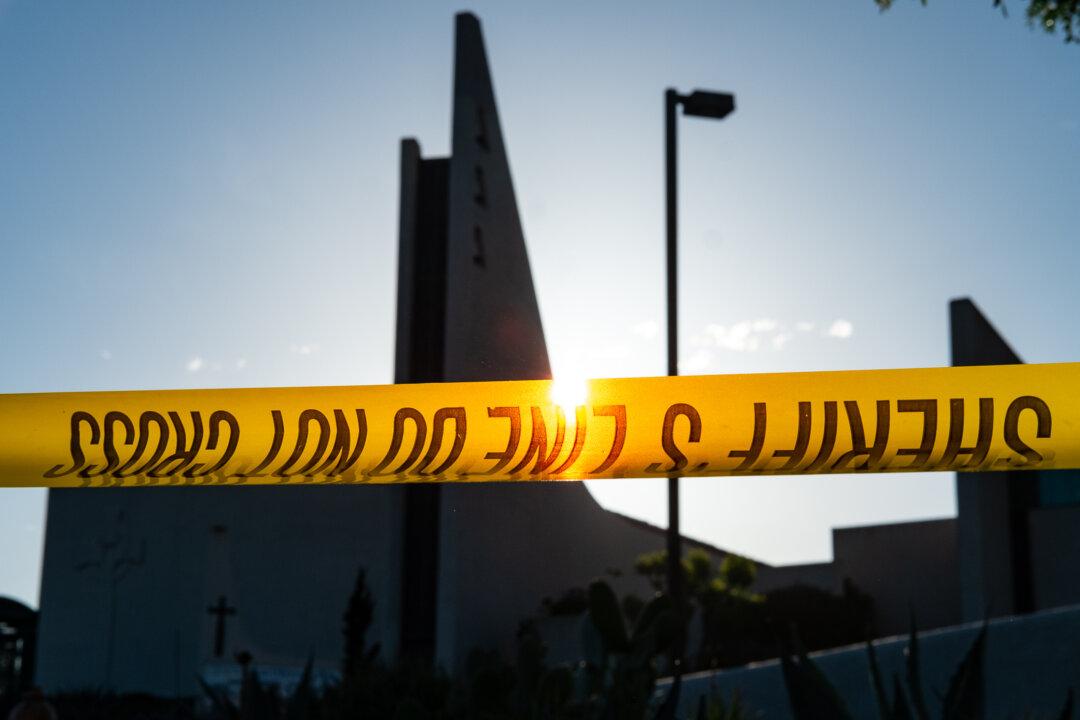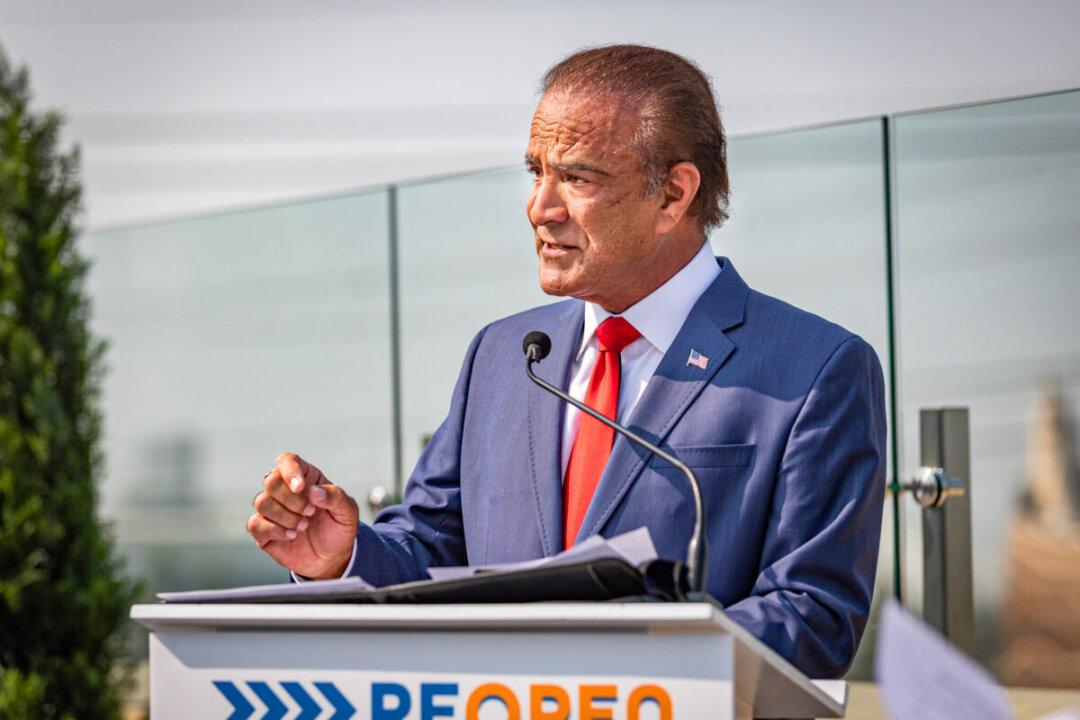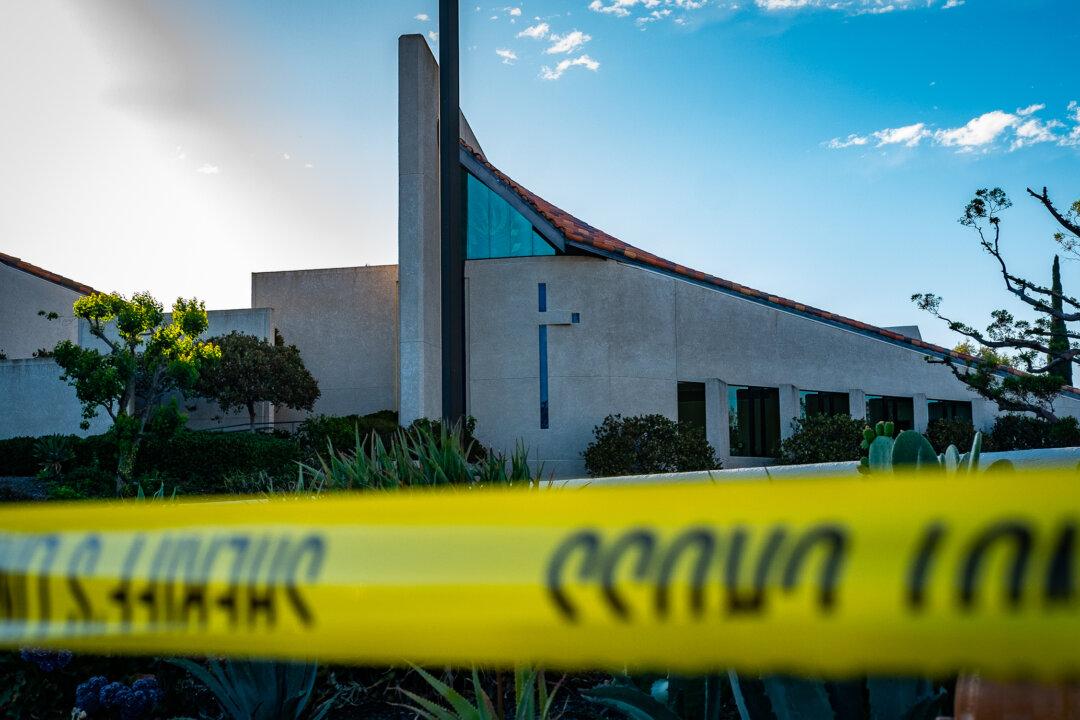ANAHEIM, Calif.—While some locals have argued the Angel Stadium was sold illegally, a lawsuit challenging the sale was dismissed by a judge on March 21.
Judge David Hoffer made an initial decision in the lawsuit the People’s Homeless Task Force v. City of Anaheim after the case was heard in the Orange County Superior Court on March 2.




